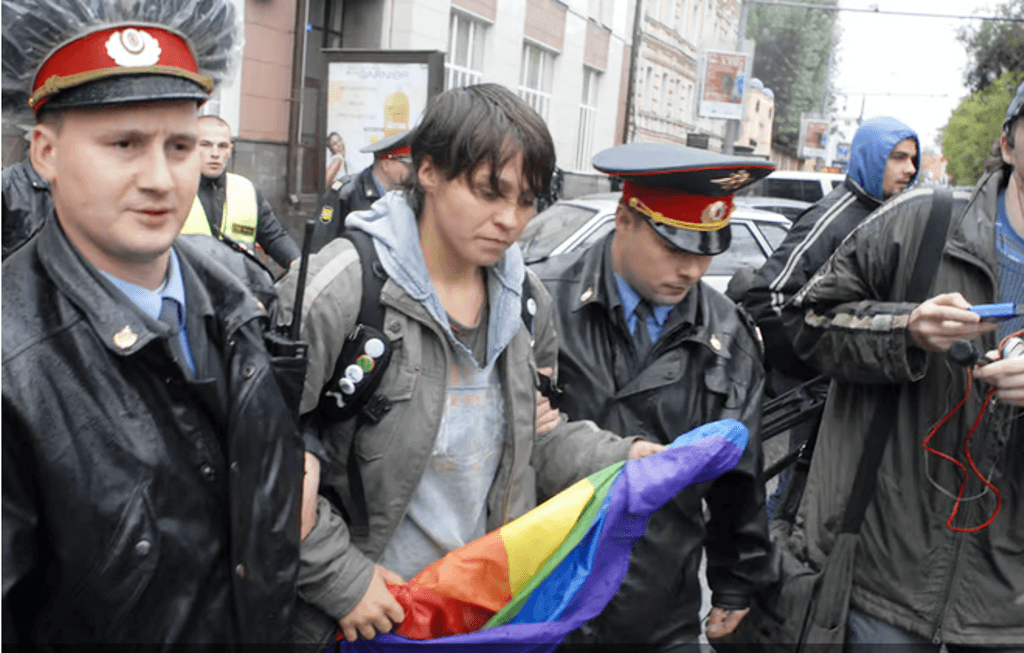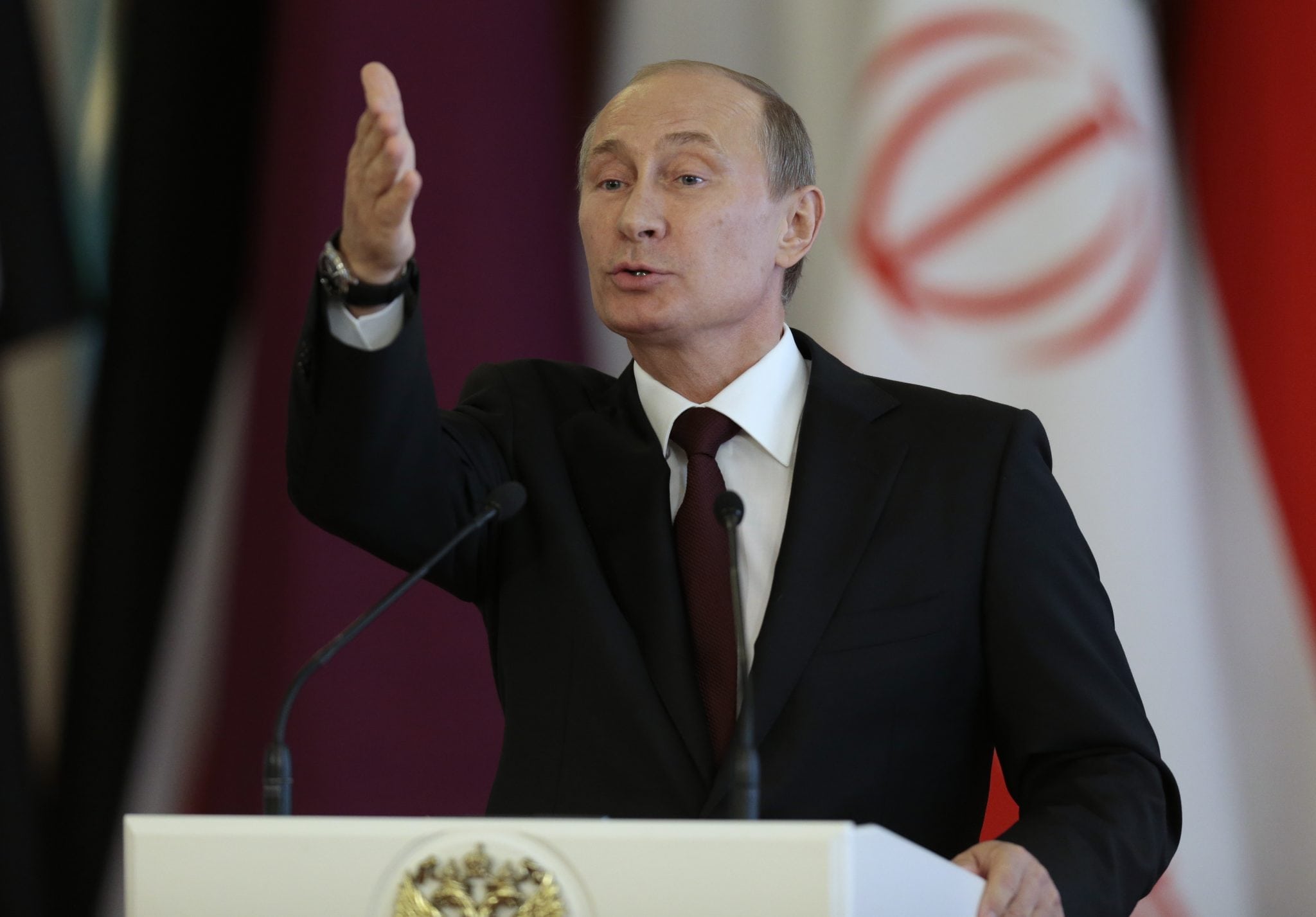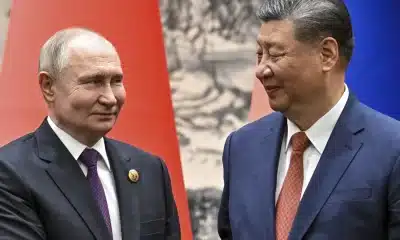News
Being Gay in Russia Just Got Tougher 2013 Ban Strengthened

Being gay in Russia just got tougher as Russian lawmakers gave final approval on Thursday to a bill that significantly expands restrictions on activities promoting gay rights in the country.
The bill marks another step in the country’s embattled LGBTQ community’s years-long crackdown.
The new bill broadens a prohibition on what authorities call “propaganda of non-traditional sexual relations” to minors, established by legislation known as the “gay propaganda” law. The Kremlin adopted it in 2013 to promote “traditional values” in Russia.
This year, lawmakers introduced legislation prohibiting the dissemination of such information to people aged 18 and up.
The State Duma, Russia’s lower house of parliament, approved the bill in its third and final reading on Thursday. It will then be sent to the Federation Council and finally to President Vladimir Putin, whose signature will give it legal force.
The new bill outlaws all advertising, media, and online resources, as well as books, films, and theatre productions deemed to contain such “propaganda,” a term defined loosely in the bill.
The 2013 ban on depictions of same-sex unions was frequently enacted and used to crack down on LGBTQ rights groups and activists.
Offenders Expelled from Russia
Fines are imposed for violations. Non-residents who commit these offences may be expelled from Russia. The fines range between 100,000 and 2 million rubles (US$1,660 and US$33,000).
Foreigners may be detained for 15 days before being expelled for certain violations.
Violations are not made a crime under the bill. According to Russian law, the criminal code can only be amended through an independent bill. Some lawmakers have expressed support for such legislation.
Russia explicitly prohibited same-sex marriages in 2020 by amending the country’s Constitution, which stated, among other things, that the “institution of marriage is a union between a man and a woman.”
Putin slams ‘cancel culture and trans rights
Russia’s President Vladimir Putin has lashed out at Western liberalism, condemning “cancel culture” and advances in gay and transgender rights.
Putin said at the annual meeting of the Valdai Discussion Club in the Black Sea resort of Sochi that his country should adhere to its own “spiritual values and historical traditions” while avoiding “sociocultural disturbances” in the West.
Some Westerners believe “aggressive deletion of entire pages of their history, reverse discrimination against the majority in the interests of minorities… constitute movement toward public renewal,” according to Putin. “It’s their right, but we’d like them to stay away from our house.” We have a different point of view.”
Putin, who told the Financial Times of London in 2019 that liberalism had become “obsolete,” has been a vocal supporter of traditional family values. In his remarks on Thursday, he called it “monstrous” and “on the verge of a crime against humanity” to teach children that “a boy can become a girl and vice versa.”
He also implied that supporters of transgender rights were calling for an end to “basic things like mother, father, family, or gender differences.”
While ramping up a state-led pressure campaign against sexual minorities in Russia, the authoritarian leader has sought to portray himself as a symbol of virile masculinity, for example, by being photographed shirtless on horseback.
Putin rules a country where there have been numerous credible reports of gay men being tortured and imprisoned. In 2013, he signed an anti-“gay propaganda” law, which Human Rights Watch said increased hostility toward LGBTQ communities and made it more difficult for children to learn about nontraditional relationships.
The impact has been especially strong in schools, where some Russian teachers describe LGBTQ people as “a symptom of perversion imported from Western Europe or North America.”
Putin is attempting to demonstrate that he “stands for values that will not divide society and throw it into chaos,” according to Matthew Sussex, an Australian National University Russia expert. “On the one hand, it’s a message of unity. However, it does affect the transgender and gay communities, which the Russian government has continued to target.”
Despite the attack on liberal values, Kremlin spokesman Dmitry Peskov stated that the speech should not impact Russia’s relations with Western countries.
“Russia has been, is, and will continue to be an integral part of Europe,” he declared.











































